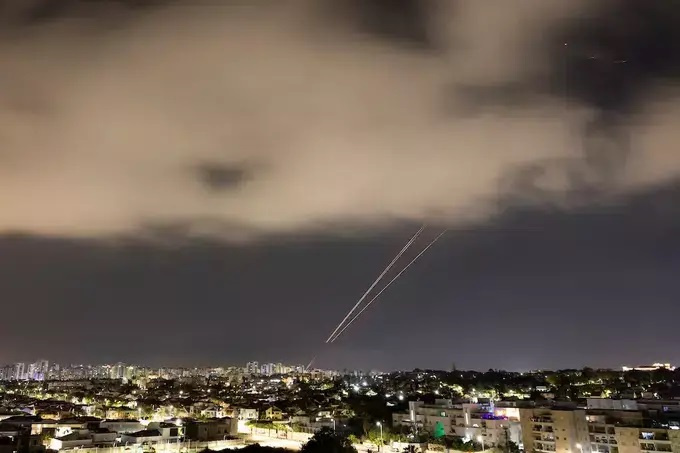Reshaping the Geopolitical Landscape: An Iranian Perspective on the Conflict with Israel

As an Iranian International Relations analyst, my assessment of the recent escalation with Israel is informed by an Iranian lens shaped by historical context and strategic foresight. From this perspective, Iran's decisive military operation against Israel emerges as both a pragmatic response to immediate threats and a calculated maneuver aimed at fundamentally altering the deterrence calculations in a positive way.
Over the years, our nation has watched with growing concern as Israel's clandestine operations aimed at undermining our security and stability have intensified. These include covert attempts to target our scientists, sabotage nuclear installations, launch cyberattacks, etc. Each of these actions has contributed to a mounting sense of unease regarding Israel's intentions and its impact on regional peace and stability.
Against this backdrop of escalating tensions and mounting threats, Iran found itself at a critical juncture that demanded decisive action. The brazen provocations of Israel left Iran with no choice but to assert its deterrence and defend its national vital interests with unwavering resolve.
From a strategic standpoint, Iran's military operation was not a knee-jerk reaction to Israel's aggression but a carefully orchestrated maneuver with several strategic objectives. Firstly, it aimed to restore its deterrent posture and convey a clear message to Israel that its belligerence would not go unanswered. By demonstrating its readiness to engage in direct conflict, Iran sought to dissuade further aggression and prompt Israel to reconsider its reckless behavior.
Moreover, the operation was intended to strengthen Iran’s regional standing to counter Israel's malign behavior. In a region marked by shifting alliances and competing interests, Iran's actions served as a resolute declaration of its determination to safeguard its sovereignty and protect its interests.
The military strike itself was executed with precision, yet it was a measured response aimed at preventing further escalation in the volatile Middle East. Furthermore, Iran exercised restraint in its use of proxy forces, opting instead for a direct military strike to maintain control over the escalation ladder and minimize the risk of unintended consequences.
It is worth noting that while advanced weaponry, including cruise and ballistic missiles, was employed in the operation, Iran refrained from deploying its most cutting-edge arsenal. This deliberate choice reflects Tehran’s commitment to avoid provoking Israel into a broader conflict while still inflicting significant damage on its military infrastructure.
It is imperative for the international community, to take immediate and decisive action to halt the escalating violence and provocations perpetrated by Israel. The recent incidents highlight the urgent need for collective intervention to address Israel’s destabilizing behavior, which poses a significant threat to international peace and security. The international society should utilize diplomatic, economic, and multilateral channels to pressure Israel into ceasing its aggressive actions and to hold it accountable for its breaches of international law. By demonstrating leadership and solidarity, the international community can send a clear message that aggression and violence will not be tolerated.
Moving forward, Iran faces a complex landscape fraught with challenges and uncertainties. As we navigate this terrain, we must remain vigilant and resolute in our defense of national interests while actively pursuing diplomatic avenues for de-escalation and conflict resolution.
In conclusion, I recognize the recent escalation with Israel as a watershed moment in the geopolitics of the Middle East. Iran's decisive military operation underscored its resolute commitment to defending its sovereignty and safeguarding its interests in the face of external threats. As we chart our course forward, we must remain steadfast in our resolve and mindful of the risks and challenges that lie ahead.
* Mohammad Yusefvand is a PhD Candidate in Regional Studies at Allameh Tabataba’i University.

